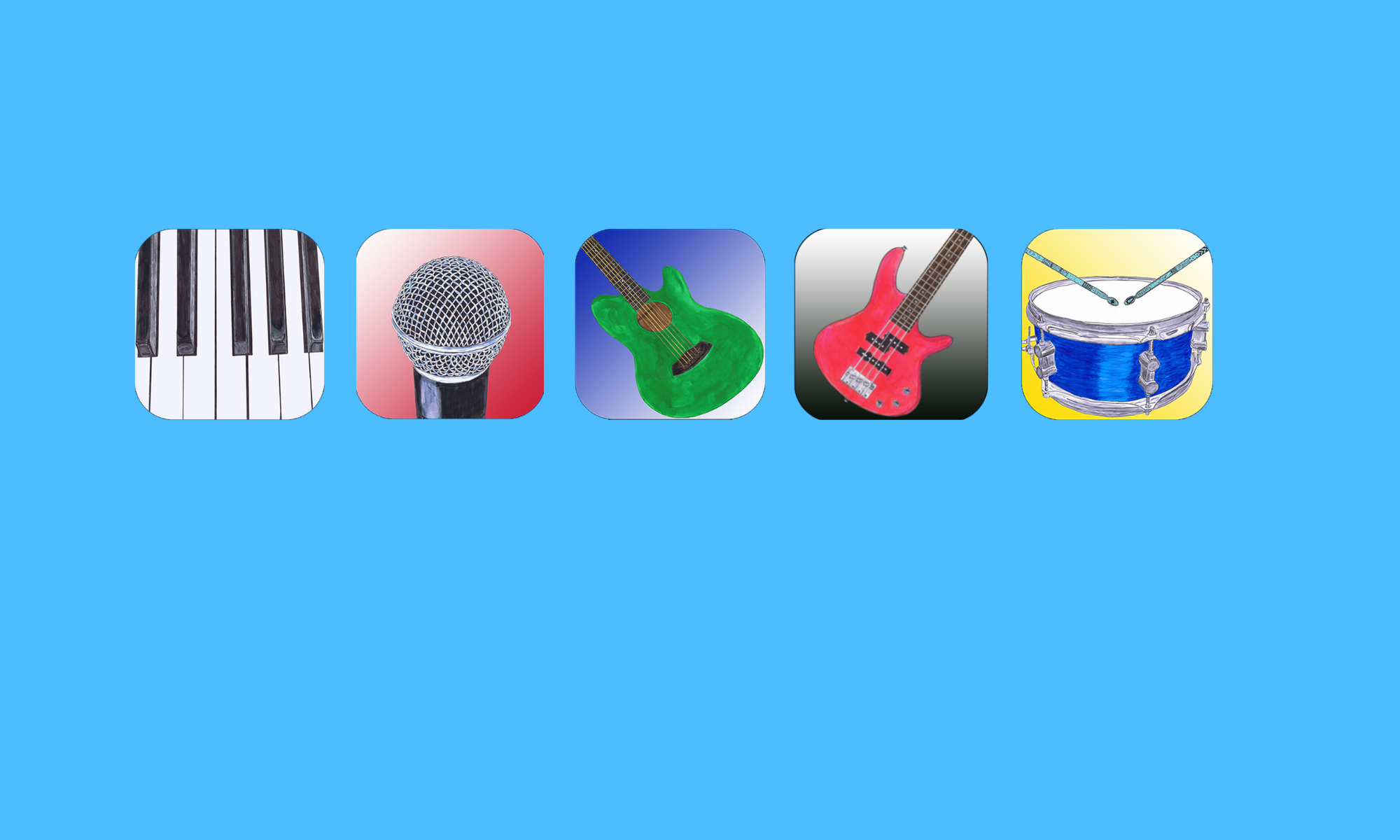I think it’s often been thought that stories are for entertainment or kids. Scientists are finding out stories are much more important than we thought. They’re not just parables that teach a lesson or a way to pass down history from one generation to the next. It turns out that stories are how human brains string together perception into our linear experience of time.
Not only do stories reflect the way we experience time they also act as a construct that our brains use to drop details and memory into. Trying to remember a random list of items is difficult. However, if they are incorporated into a story where each item has relevance, meaning is created helping to string it all together. Memory experts have long had a technique they use called ‘memory palaces’ and it’s based on a very similar idea. They create a mental walk through of a location they have in their mind and place all the items in the location. Even in this scenario, our minds can not resist the urge to overlay a story on the walk through.
Music is a natural form of storytelling that has existed forever. Not only do melodies make words more memorable, even when there aren’t words there is a natural structure that tells a story and leads the listener through a linear capture of time. Music captures emotion and injects it into the story giving the listener cues on how to feel about the content. Music also reflects the language and culture that it comes from.
Any composer or songwriter understands the basic mood tools they can use to affect their listeners. Even if you don’t know what I’m talking about, you’ve heard them and felt their effect.
- Minor keys or chords may evoke sadness or melancholy
- Major keys or chords can evoke happiness or excitement.
- Diminished 7th chords are good at creating suspense and were often used in silent movies. Imagine the scene where the heroine is tied to train the tracks with a train barreling her way as the audience agonizes over whether she will be saved in time.
- Augmented 7 chords have been used in TV and movies when characters are thinking back to something that already happened or are dreaming.
- Tempo is another tool used to affect the listeners. Fast tempos can get the heart rate up and slower tempos slow down body rhythms.
- Dissonance creates conflict.
- Resolution indicates conflicts being resolved. Every good story has conflict that needs to be resolved.
- Question and answer also fill an important role in music. In English speech, our voices go up when we ask a question and down when we give the answer. Question/Answer is a tool that not only creates contrast but also gives the listener a reassuring experience. We all want to feel like our questions will get answers and maybe even more basic that they HAVE answers.
Music is a little snapshot of how we perceive time and how our mind creates the stories that inject meaning into our experience.

